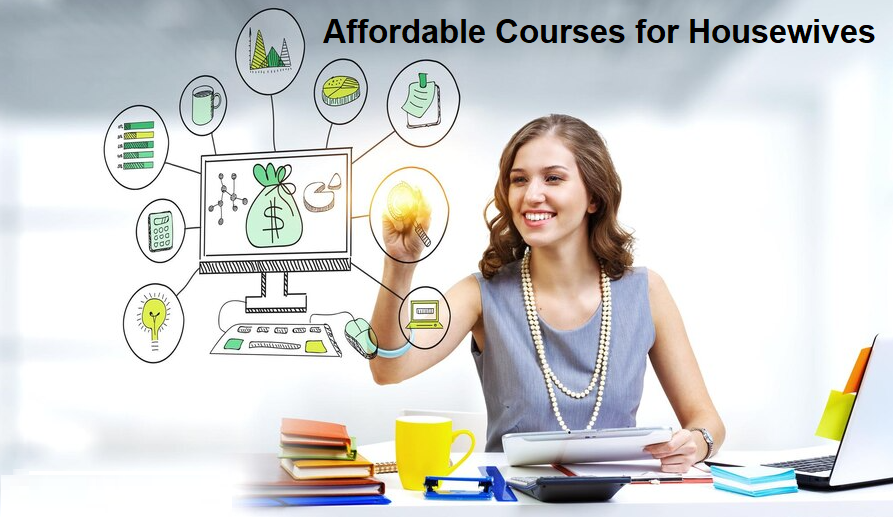When we talk about period poverty, we’re addressing an issue that affects millions of women and girls around the world. You might wonder, “What is period poverty?” Simply put, it refers to the lack of access to sanitary products, menstrual hygiene education, toilets, handwashing facilities, and, ultimately, the resources and environments that women need to manage their periods with dignity.
Period poverty goes beyond the inability to purchase sanitary pads or tampons. It encompasses the broader social, economic, and cultural barriers preventing many from effectively managing their menstrual health. For instance, in some societies, menstruation is shrouded in stigma, further inhibiting women from seeking help or discussing their needs openly.
Understanding period poverty is the first step towards addressing it. By breaking the silence and starting conversations about menstrual health, we can begin to dismantle the barriers and empower women everywhere.
Table of Contents
ToggleThe Meaning and Impact of Period Poverty
Period poverty impacts women’s health, economic opportunities, and overall quality of life. Without access to proper menstrual products, women and girls often resort to using unhygienic alternatives like rags, leaves, or even newspapers, which can lead to infections and other health issues.
Moreover, the stigma surrounding menstruation can exacerbate feelings of shame and isolation. In many cultures, women and girls are taught to hide their periods, which can prevent them from seeking the help and resources they need. This lack of support can lead to missed educational and economic opportunities, as women might avoid school or work during their menstrual cycle.
The impact of period poverty is far-reaching, affecting not just individual women, but entire communities. When women cannot fully participate in their education or workforce, the economy suffers. By addressing period poverty, we can help unlock the potential of millions of women, ultimately benefiting society.
Statistics on Period Poverty: A Global Perspective
To grasp the scale of period poverty, let’s look at some eye-opening statistics. According to a report by UNESCO, 1 in 10 girls in sub-Saharan Africa misses school during their menstrual period, which can add up to as much as 20% of a school year. In India, a staggering 23% of girls drop out of school upon reaching puberty.
In the United States, the issue is more prevalent than many realize. A study by Always found that 1 in 5 girls in the U.S. has missed school due to lack of period products. This statistic highlights that period poverty is not just a problem in developing countries, it’s a global issue.
These numbers illustrate the urgent need for action. By amplifying these statistics, we can raise awareness and drive change on a global scale, ensuring that no woman or girl is held back by her period.
The Consequences of Period Poverty on Women’s Health and Education
The consequences of period poverty on women’s health are profound. Without proper menstrual hygiene products, women are at a heightened risk of infections such as urinary tract infections (UTIs) and reproductive tract infections (RTIs). These health issues can have long-term implications on a woman’s reproductive health and overall well-being.
Moreover, the educational impacts of period poverty are equally concerning. Girls who miss school due to their periods often fall behind in their studies, which can lead to higher dropout rates. This educational gap not only affects their future economic opportunities but also perpetuates a cycle of poverty and inequality.
Addressing period poverty is not just a matter of providing sanitary products—it’s about ensuring that women and girls have the opportunity to lead healthy, successful lives. By tackling this issue head-on, we can help create a world where every woman has the chance to thrive.
Tackling Period Poverty: Innovative Solutions and Initiatives
Fortunately, several innovative solutions and initiatives are aimed at tackling period poverty. From grassroots organizations to global campaigns, efforts are being made to ensure that all women have access to the menstrual products and education they need.
One solution is providing reusable menstrual products, such as menstrual cups and cloth pads, which are both sustainable and cost-effective. Many organizations are working to distribute these products in communities where period poverty is prevalent, helping to reduce waste and provide a long-term solution for menstrual health.
In addition to providing products, many initiatives focus on education and advocacy. By breaking down the taboos surrounding menstruation and providing comprehensive menstrual health education, these programs empower women and girls to manage their periods confidently and with dignity.
How Communities Can Empower Women Affected by Period Poverty
Communities play a crucial role in empowering women affected by period poverty. By building an environment of support and understanding, communities can help break down the stigma associated with menstruation and ensure that women have the resources they need.
Communities can help by providing access to free or subsidized menstrual products in schools, workplaces, and public facilities. This ensures that women and girls have the products they need, regardless of their financial situation.
Additionally, community-led educational programs can raise awareness about menstrual health and hygiene, helping to dispel myths and reduce stigma. By involving men and boys in these conversations, communities can create a more inclusive environment where menstruation is understood and accepted as a natural part of life.
Advocacy and Awareness: Raising the Voice Against Period Poverty
Advocacy and awareness are key components in the fight against period poverty. By raising our voices and demanding change, we can help ensure that menstrual health is prioritized globally.
One effective way to raise awareness is through social media campaigns. Platforms like Instagram, Twitter, and Facebook provide a space for individuals and organizations to share information, personal stories, and resources related to period poverty. These campaigns can reach a wide audience, helping to break down the stigma and inspire action.
Furthermore, advocacy efforts can include lobbying for policy changes that address period poverty. This can involve pushing for the removal of taxes on menstrual products, ensuring that sanitary products are available in schools and public facilities, and supporting legislation that promotes menstrual health education.
Organizations and Resources Supporting Women in Need
There are numerous organizations dedicated to supporting women affected by period poverty. These organizations provide essential resources and services, helping to ensure that all women have access to the menstrual products and education they need.
Some notable organizations include:
- Days for Girls International: This organization provides sustainable menstrual health solutions and education to girls and women worldwide.
- The Pad Project: Known for the documentary Period. End of Sentence., this organization works to increase access to menstrual products and education, particularly in rural communities.
- Period.org: This youth-led movement distributes menstrual products to those in need and advocates for policy changes to end period poverty.
By supporting these organizations, we can help ensure that their vital work continues and that more women and girls can manage their periods with dignity.
Conclusion
In conclusion, tackling period poverty requires a multifaceted approach that includes providing access to menstrual products, education, advocacy, and community support. By working together, we can break the silence surrounding menstruation and ensure that all women and girls have the resources they need to manage their periods with dignity.
Our path forward involves not only addressing the immediate needs of those affected by period poverty but also challenging the societal norms and stigmas that perpetuate it. By raising awareness and advocating for change, we can create a world where menstruation is no longer a barrier to education, health, or economic opportunity.
Join Hustling Naari in the fight against period poverty. Whether through donating to organizations, participating in advocacy efforts, or simply starting a conversation, your actions can make a difference. Together, we can empower women everywhere to lead healthy, successful lives.


